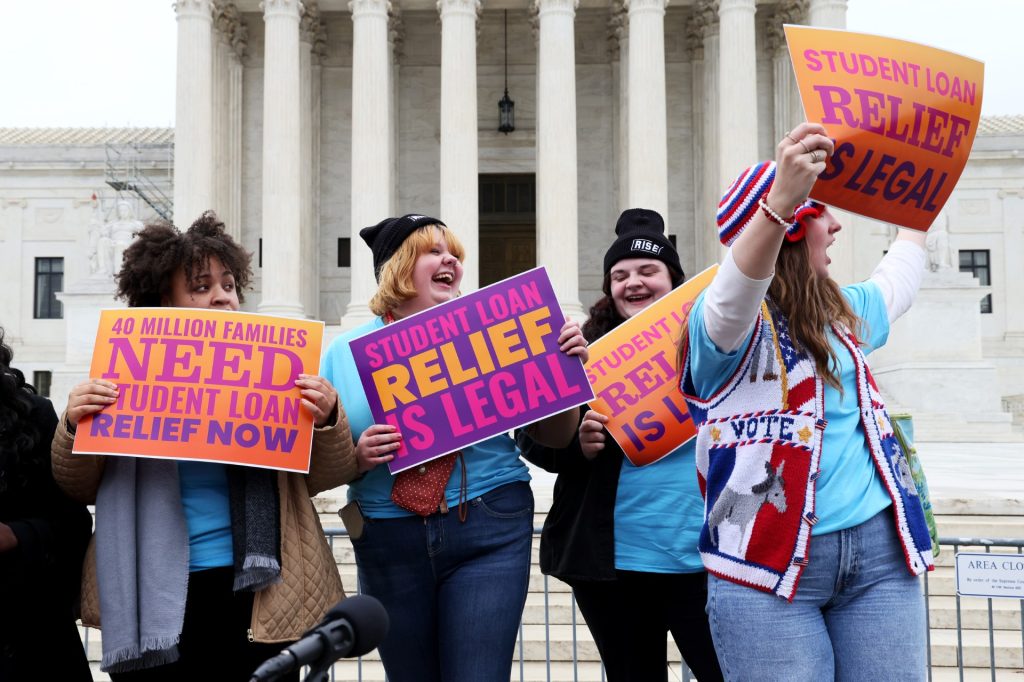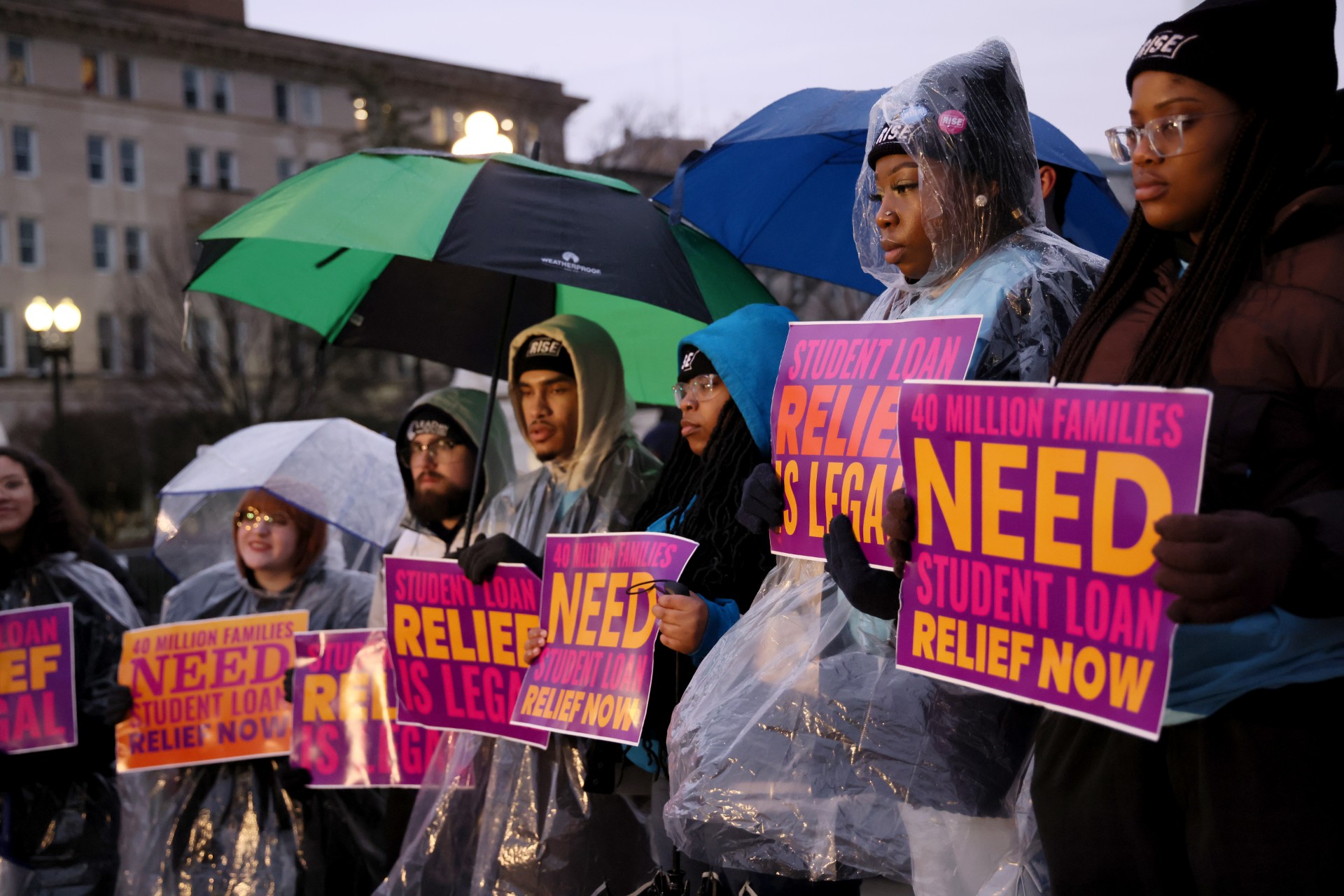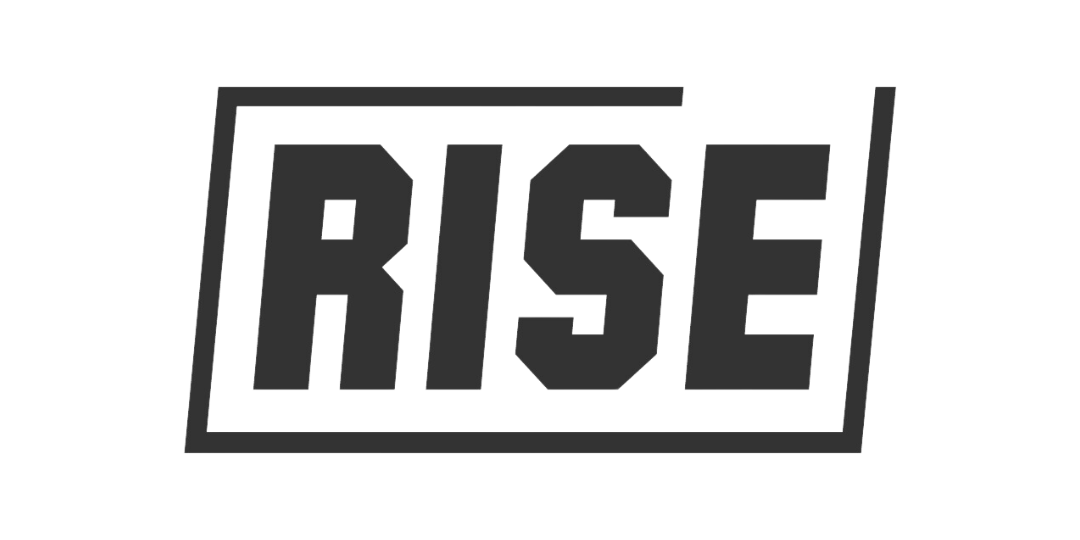By Mary-Pat Hector, CEO
At Rise, we engage young people and students in building their political power by activating them around the issues that impact them most. One such issue that we work to amplify student voices around is the the student loan debt crisis, which has crippled generations of Americans – impacting their abilities to buy homes, start families, retire, and more. Today, a shocking 43.2M+ Americans hold over $1.727 trillion in student loan debt.
These borrowers are our friends, our family members, and even our team members here at Rise, including our Wisconsin State Director, Arin Anderson, who described her student loan debt experience at the Department of Education’s Negotiated Rulemaking public testimony earlier this year:
During my time in university, I acquired thousands of dollars in student debt simply to have secure housing, basic needs, and tuition. Coming from a single parent, low-income household with two girls in college and a middle schooler at home, my mom couldn’t afford to offer financial support while I was in university and eventually needed my support when she was diagnosed with breast cancer in 2020. At the time of her diagnosis, I was already a full time student and working two jobs to cover my cost of living and basic necessities while in school but I refused to let the cost of tuition and unfortunate unforeseen circumstances hinder me from pursuing a higher education and in turn creating a better life for myself and my family. I took on my student loan debt in need of support. I knew that this would impact me drastically after college but I had no choice and was unaware to what extent. When student loan payments were paused I had the opportunity to create stability in my life, secure housing, transportation, and cover basic necessities – something I was struggling to do while in school working full time to support myself. Now that the pause on student loan payments has ended, I am back where I started – struggling to make ends meet after paying every necessary bill and expense to have safe and healthy living conditions. Struggling to get ahead or even caught up for that matter, after working so hard and so tirelessly to create stability in the midst of chaos.
Arin’s experience with college affordability, and now grappling with the impact of student loan debt, is unfortunately not unique. But with the SAVE Plan, we are one step closer to addressing student loan forgiveness so that all students can achieve a higher education without facing a lifetime of debt.
Today, Rise is excited to partner with The White House, the Department of Education, and Civic Nation, for a SAVE Day of Action.
The “Saving on a Valuable Education” Plan, or SAVE Plan for short, launched by the U.S. Department of Education last August, is a new income driven repayment (IDR) plan that helps to ease the financial burden of student loans. Tailored to offer the lowest monthly payments among IDR plans, SAVE adjusts payments based on income and family size and increases the income exemption to 225% of the federal poverty line. The plan also provides an interest subsidy for borrowers who make their monthly payments, so they don’t have to watch their balances grow. Because payments are calculated on a smaller portion of one’s income, monthly payments are lower for most borrowers.
SAVE particularly benefits low- and middle-income earners, public service workers, community college graduates, and those who originally borrowed $12,000 or less in student loans. In addition, starting in July, monthly payments for borrowers with only undergraduate loans will be cut in half.
Specifically:
- SAVE provides $0 monthly payments for a person making $32,800 or less or a family of four making $67,500 or less and offers significant annual savings for others.
- Borrowers enrolled in SAVE who took out $12,000 or less in loans for college and have been in repayment for 10 years or more will get their remaining balances forgiven, with an additional $1,000 above that level for each additional year of payments, up to a maximum of 20 or 25 years.
- In July, borrowers with undergraduate loans will have their payments reduced from 10% to 5% of their discretionary income. Those who have undergraduate and graduate loans will pay a weighted average between 5% and 10% of their income based upon the original principal balances of their loans.
Since SAVE launched, nearly 153,000 borrowers have been granted student loan forgiveness! If you haven’t signed up for SAVE, you can apply here.
As supporters of SAVE, since August, Rise has made 15,000+ calls to students and borrowers to inform them about the SAVE Plan. And this June, Rise will be hosting in-person debt clinics with Civic Nation to ensure borrowers in Georgia, Michigan, Nevada, North Carolina, Pennsylvania, and Wisconsin get hands-on help to sign-up for SAVE to find a repayment plan that is right for them. SAVE is critical to our work ensuring students graduate debt-free, and is a key first step to student loan forgiveness.
Check out the live stream from today’s White House event here.
Stay tuned to learn more about the debt clinics Rise will be hosting in June with Civic Nation.



